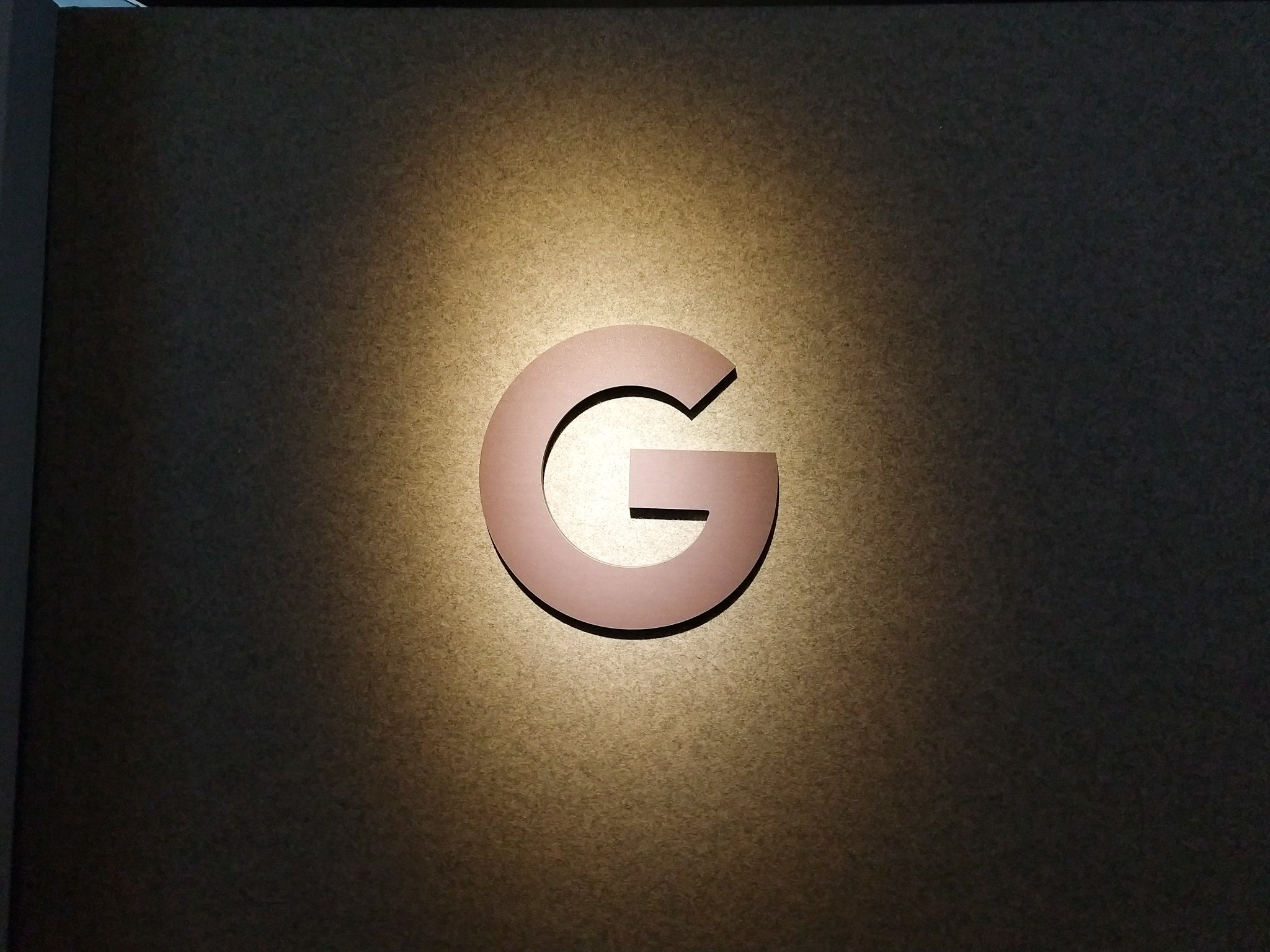The bill is nicknamed the "Google power-abuse-prevention law" by some lawmakers in Korea.
What you need to know
- South Korea has passed a new bill to prevent Google and Apple from forcing developers to use their in-house payment systems.
- Companies could be fined up to 3% of their South Korea revenue if they fail to comply with new rules.
- The bill is expected to soon be signed into law by President Moon Jae-in.
A new bill passed by South Korea's National Assembly could significantly reduce Google and Apple's dominance over app store payments. According to The Wall Street Journal, the bill is set to become law once it is signed by President Moon Jae-in.
The bill amends the country's Telecommunications Business Act to prevent "large app-market operators" from forcing the use of their in-house payment systems on developers. Additionally, it bans companies from delaying the approval of apps or pulling them from the marketplace. These provisions are meant to "head off retaliation against app makers." App-market operators that fail to comply may be fined up to 3% of their South Korea revenue by the country's media regulator.
The Wall Street Journal report notes the law could be referenced by regulators in the U.S., Europe, and other countries. While South Korea is the first country to target the tech giant's dominance over the app store market, a similar bill was introduced by Senators earlier this month.
The bipartisan Open App Markets Act seeks to ban companies like Apple and Google from forcing developers to use their own in-app payment systems. Both Google and Apple are also facing a legal challenge from Fortnite maker Epic Games for abusing their gatekeeper position.
Amid pressure from regulators, Apple reduced its App Store cut to 15% last year for developers earning less than $1 million in revenue. Earlier this year, Google also reduced its Play Store cut to 15% on the first $1 million that Android developers make.
Android Central has reached out to Google for a comment on the bill.
Source: androidcentral
